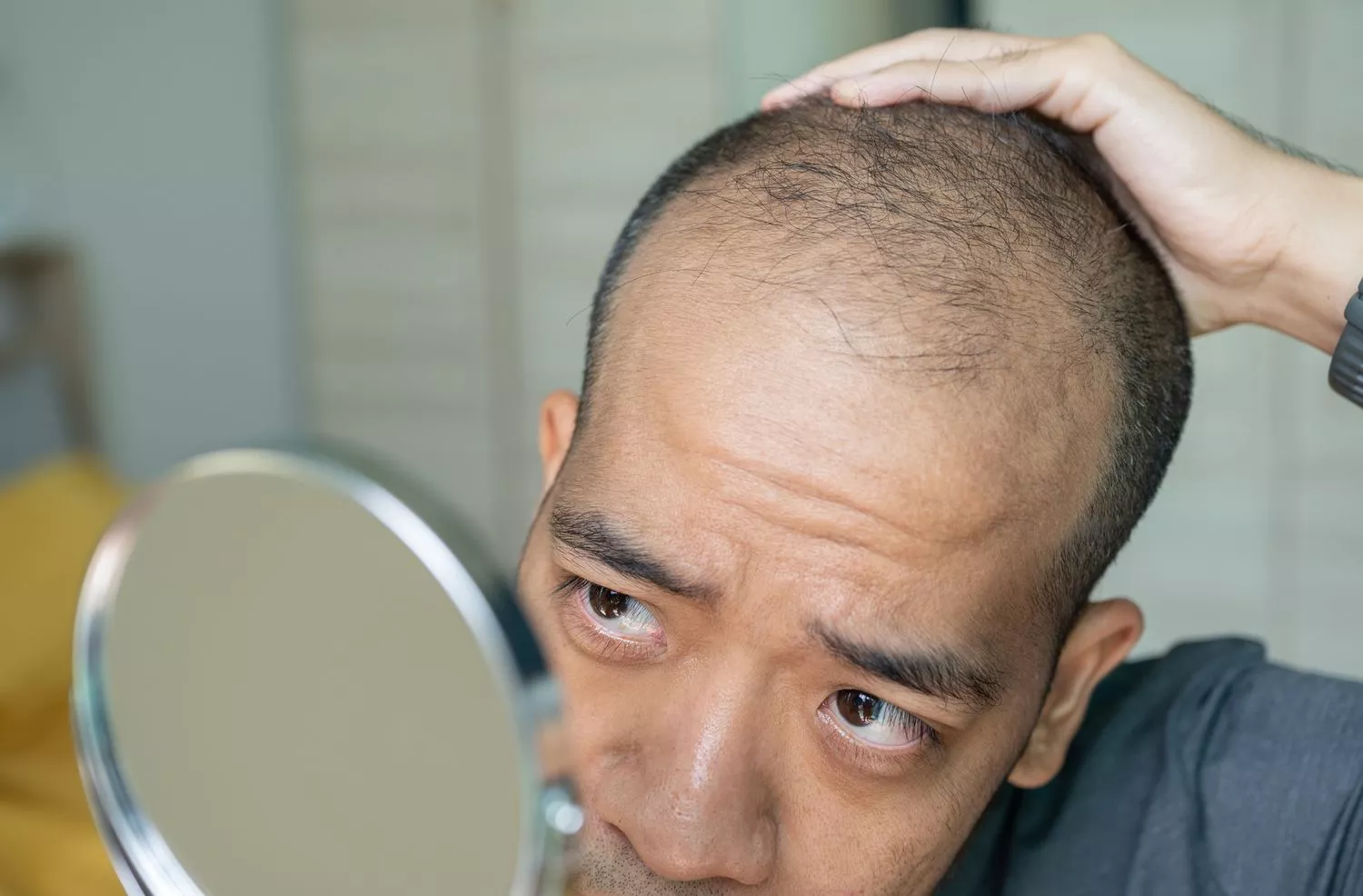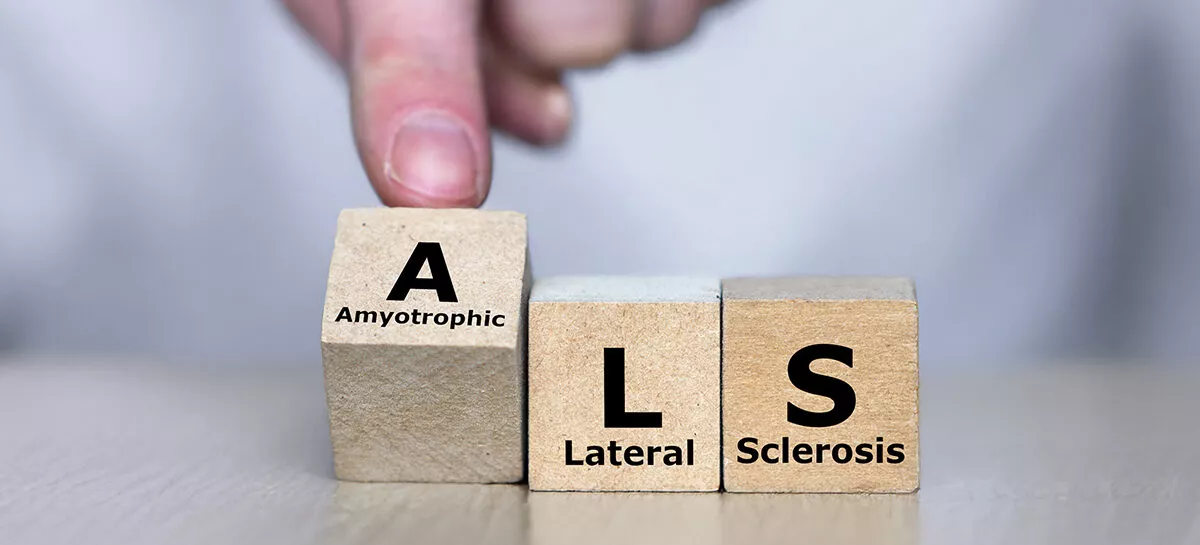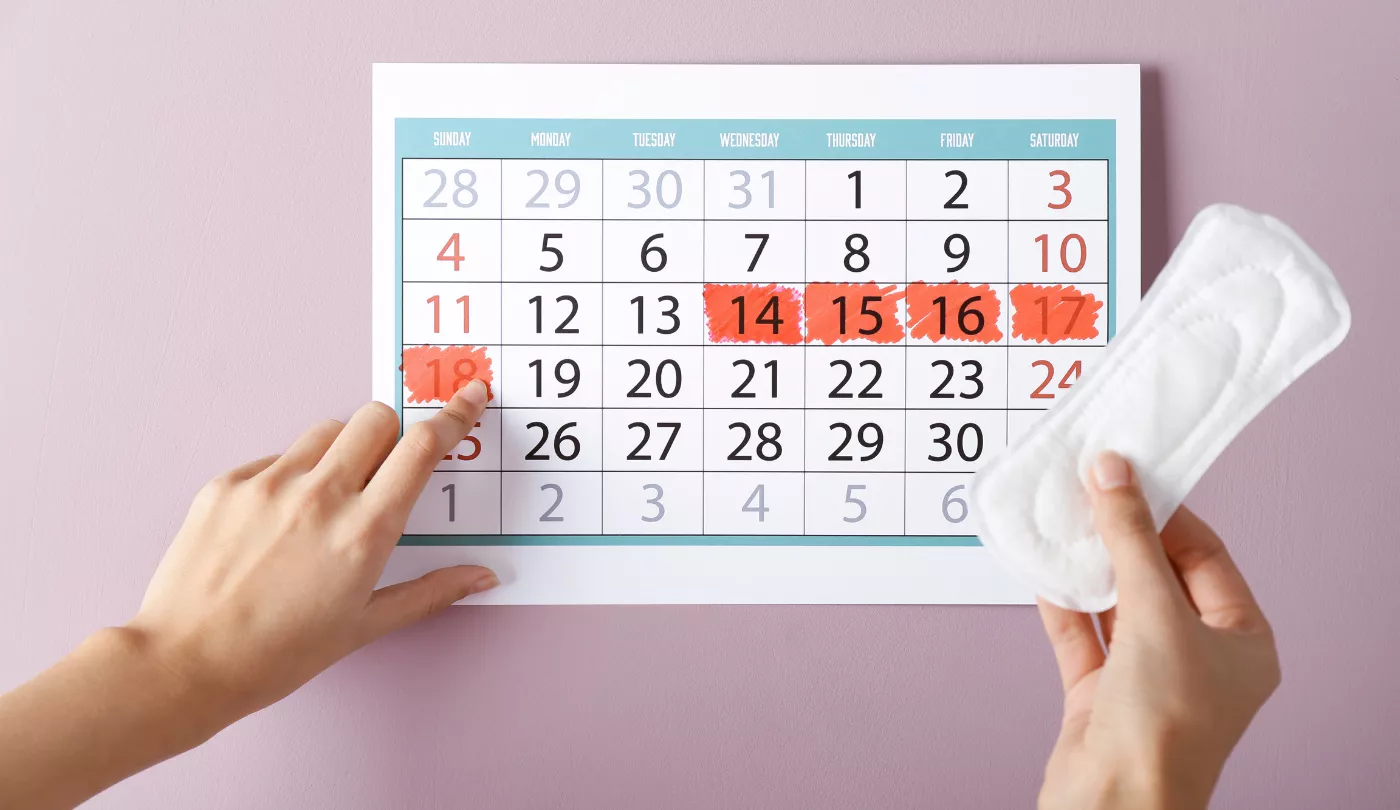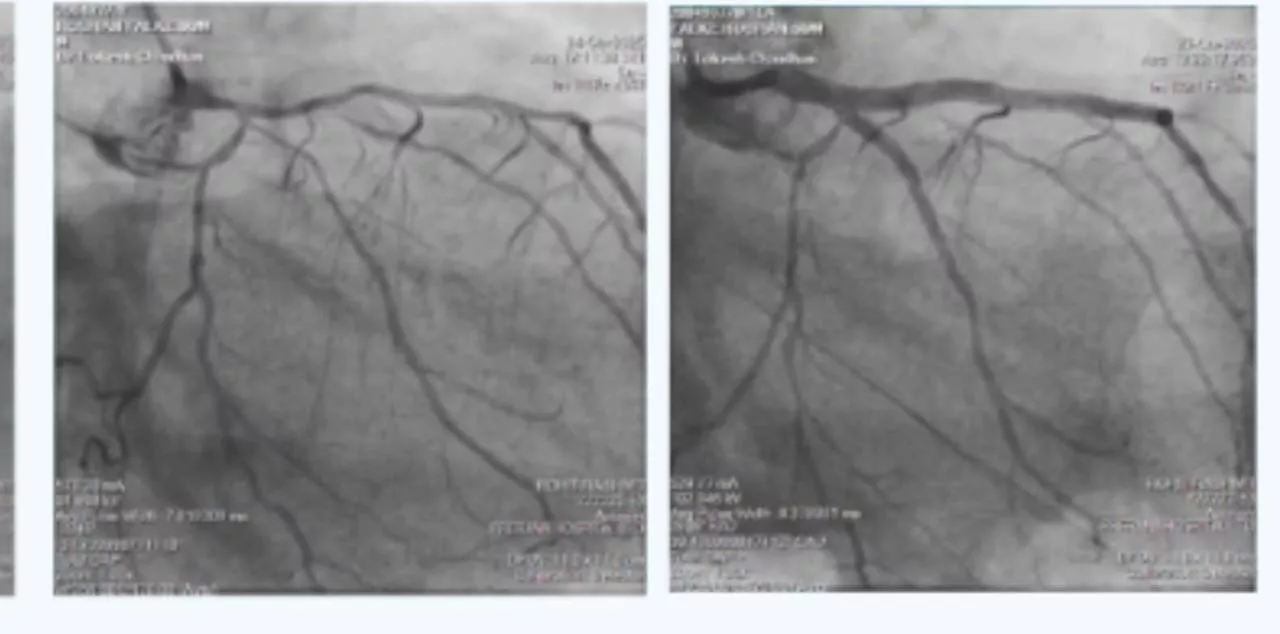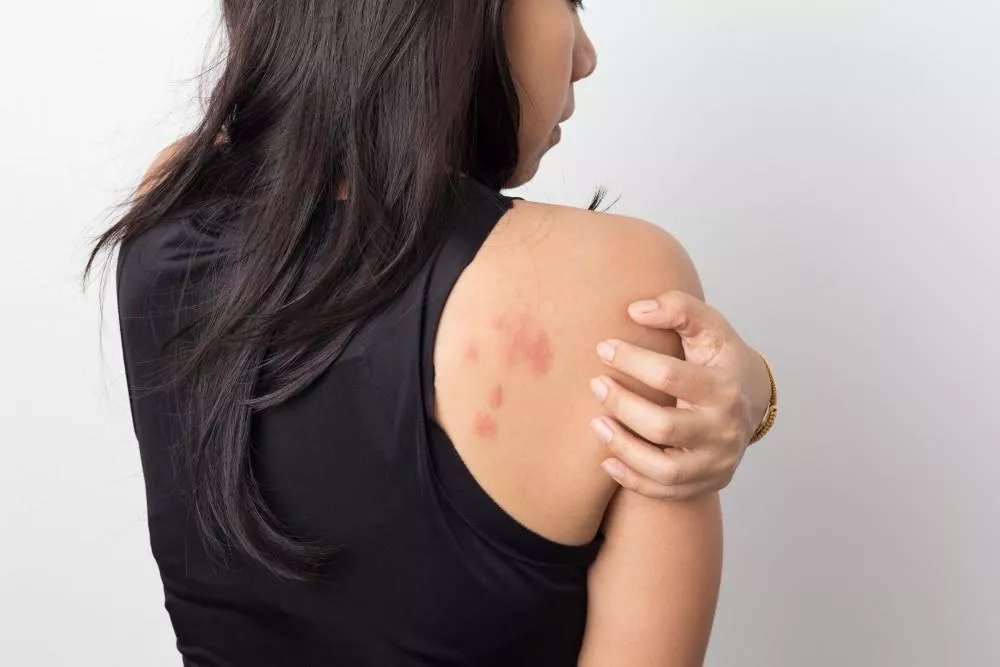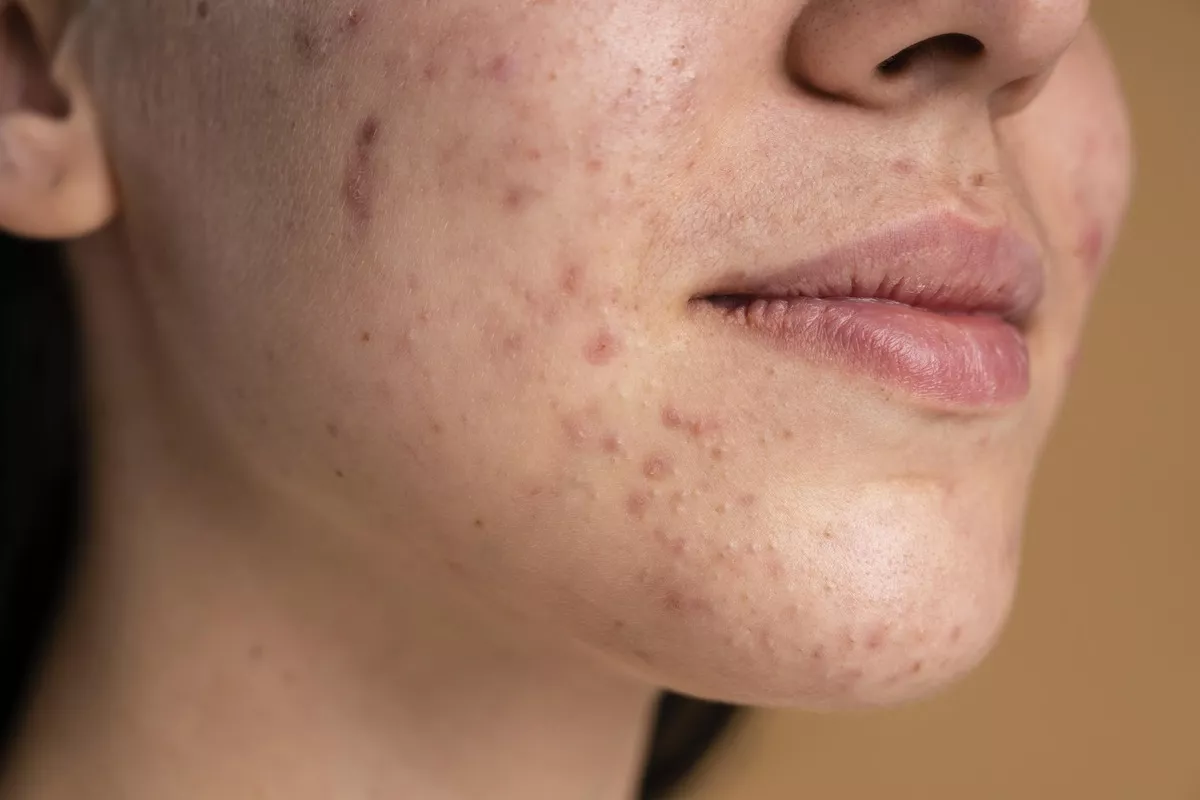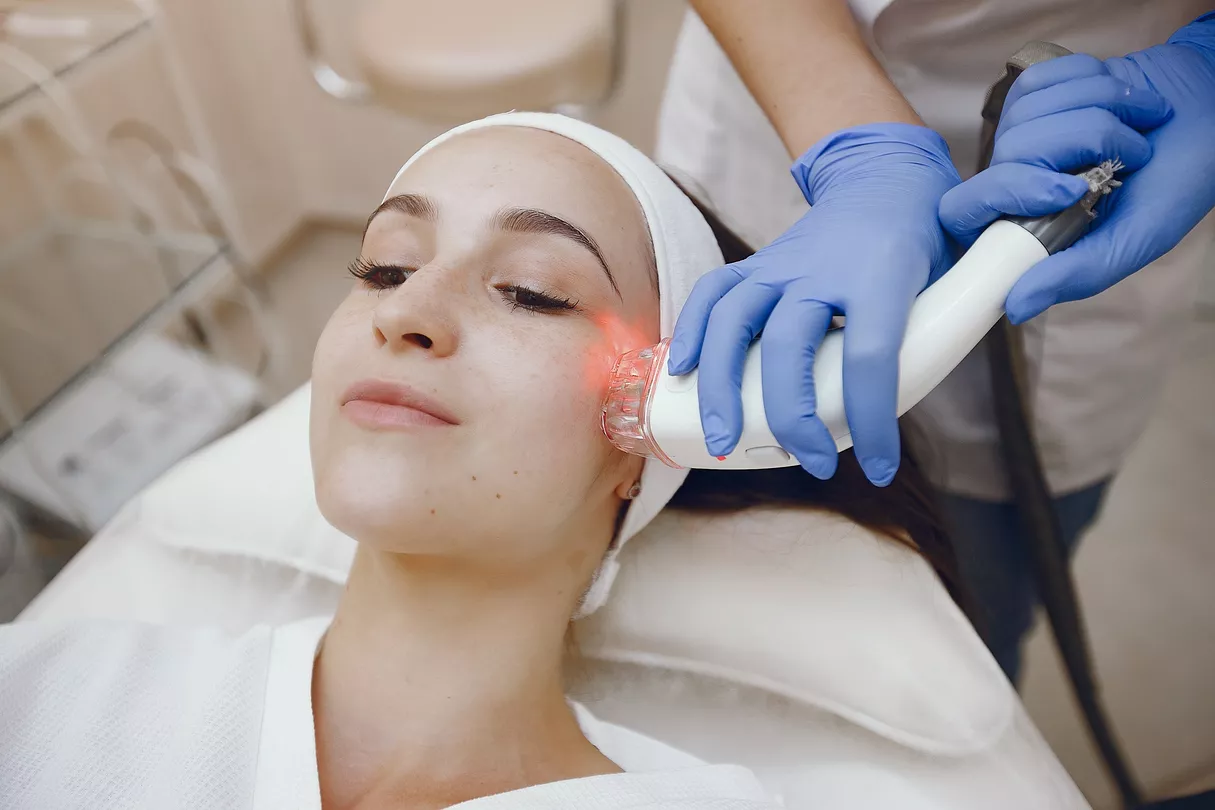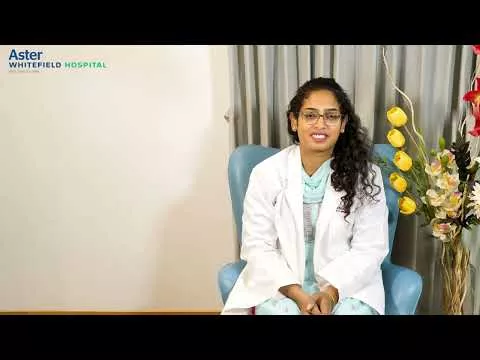Hair fall is a daily reality for many people. A few strands on the pillow might not worry you. But when you start to see your scalp more clearly in the mirror or your comb gathers more hair than usual, concern starts to grow.
You might change your shampoo. You might try oils or vitamins. But often, the reason sits deeper. A significant [and overlooked] cause of hair loss is low vitamin D. It plays a critical role in your body, and yes, it also affects your hair.
Join us as we debunk the relationship between Vitamin D and hair fall.
What Vitamin D Does for Hair
Your hair grows from small openings in the skin called follicles. These follicles go through cycles of growth, rest, and renewal. Vitamin D helps regulate these cycles. It influences how follicles work and whether they continue to grow strong, healthy strands.
When your body lacks vitamin D, the follicles may stop renewing properly. New growth slows down. Old hair falls out faster. In time, you notice thinning, slow regrowth, or patches that seem to stay bare longer than expected.
Types of Hair Loss Linked to Vitamin D
Hair loss can take many forms. The most common relation between Vitamin D deficiency and hair loss is highlighted below:
- Pattern hair loss
Also called androgenetic alopecia. Common in both men and women. The hairline recedes or the crown thins out. Research has found that people with this condition often have lower vitamin D than those without it.
- Alopecia areata
This condition causes small, round bald patches. It happens when the body’s immune system mistakenly attacks hair follicles. Vitamin D may help reduce this immune activity, which is why lower levels could make the condition worse.
- Telogen effluvium
A temporary condition where hair falls out more rapidly than it should. It often happens after illness, stress, or physical strain. Low vitamin D during recovery may slow down the return of normal hair growth.
These conditions do not always have a single cause. But vitamin D is one factor worth checking when hair loss begins.
How to Recognise a Vitamin D Deficiency
Not everyone with low vitamin D will notice it right away. The signs can be subtle at first. Some people feel tired more often. Others may feel aches in their bones or weakness in their legs. Some of the most common symptoms include:
- Ongoing fatigue, even after rest
- Muscle pain or cramps
- Low mood or frequent illness
- Weakness in the hips or knees
- Hair thinning or unusual shedding
If you notice more than one of these, it’s worth speaking with your doctor. A blood test can confirm if your vitamin D level is low.
Managing Vitamin D and Hair Fall
If your vitamin D is low, the positive news is that it can be corrected. Treating the deficiency at the right time can prevent additional hair shedding and encourage healthier growth in the months ahead. Small lifestyle changes often make a noticeable difference.
- Spend time outdoors
The body makes vitamin D naturally when sunlight reaches the skin. Aim for short daily exposure, around ten to twenty minutes. Early morning light is safer and still effective, while the midday sun is often too harsh.
- Choose foods that support vitamin D
Some ingredients naturally support vitamin D levels. These include mushrooms, oily fish, egg yolks, and fortified cereals or milk. You do not need to follow a strict diet. Just add these foods in simple, consistent ways.
- Use supplements with care
Sometimes food and sunlight are not enough. Doctors may prescribe vitamin D3 tablets to restore balance. This should only be done after a proper test. Taking large doses without guidance can create new health problems instead of solving existing ones.
- Be gentle with your hair
Avoid styles that pull on the scalp. Skip hot tools when possible. Let your hair air dry. These small habits protect new growth.
- Stay consistent
Hair takes time to respond. It can take several months to see clear changes. Track progress with photos rather than checking every day.
These habits are more effective when paired with personal guidance. Doctors often work with people facing this issue. They help you plan realistic meals and track progress over time.
They do not offer quick fixes. Instead, they offer care that supports your body’s natural rhythm. Seek assistance from the best hospital to learn more about this aspect.
Final Word
Vitamin D and hair loss are connected in ways that are easy to overlook. Most people know this nutrient is good for bones. But its link to skin, mood, immunity, and hair is just as important. Low vitamin D may not be the only cause of hair fall. But it is a common one.
The right sunlight, food, and care can slowly restore what was lost. And if more help is needed, expert guidance can make the path forward easier. Aster Hospital, a leading Nutrition & Dietetic Hospital in India, offers complete support through qualified doctors who understand how vitamin D affects every part of your health, including your hair. Their team helps you move from guessing to knowing, and from worrying to healing.
